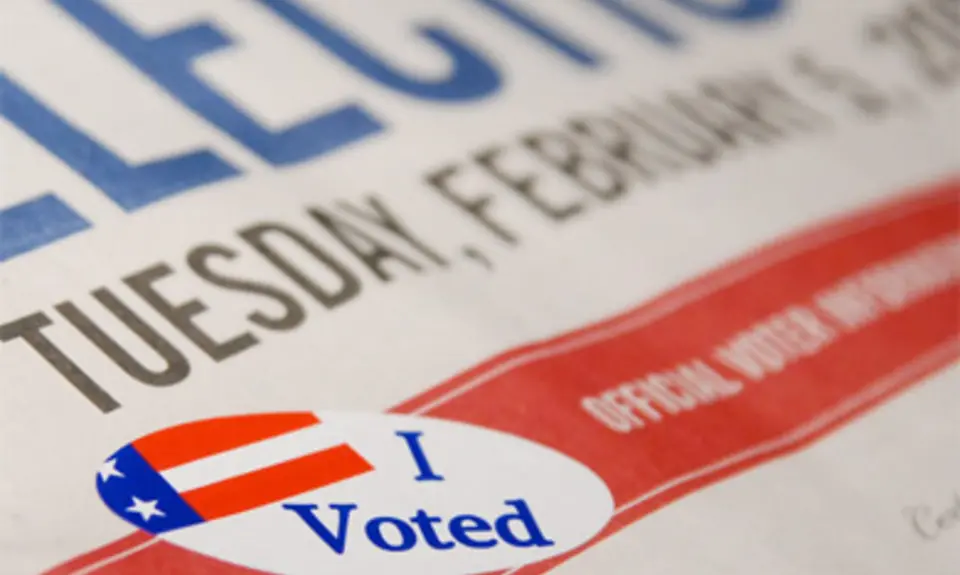On Monday, a federal trial began in Winston-Salem, North Carolina to see if recent changes in the state’s election laws unfairly and purposefully discriminate against minority voters. The changes in question include an end to same-day registration, an end to a high school voter registration program, and a reduction in early voting days.
The Supreme Court’s decision in Shelby County v. Holder gutted a key provision of the Voting Rights Act by striking down a coverage formula that identified nine states – including North Carolina – with a history of voter discrimination. Before the 2013 ruling, federal approval was needed before any changes in election laws in these states could go into effect. However, in the immediate aftermath of Shelby County, Republicans in the North Carolina state legislature were able to implement the restrictions without federal approval.
The North Carolina N.A.A.C.P, League of Women Voters, a group of college students, and the Department of Justice initiated the case, arguing that the measures should be struck down, and that North Carolina should be required by the court to submit voting proposals to federal approval since the contested measures were intended to discriminate, in violation of the Constitution.
Several states remodeled their voting laws following the Shelby decision; however, North Carolina’s restrictions represent some of the broadest changes in the country.
This case is the latest development in a series of initiatives to protect the right to vote across the United States, including by restoring and strengthening the Voting Rights Act. PFAW recently participated in a rally in Roanoke, Virginia, and members of our affiliate People For the American Way Foundation’s leadership networks are participating in today’s events surrounding the beginning of the trial in Winston-Salem.
